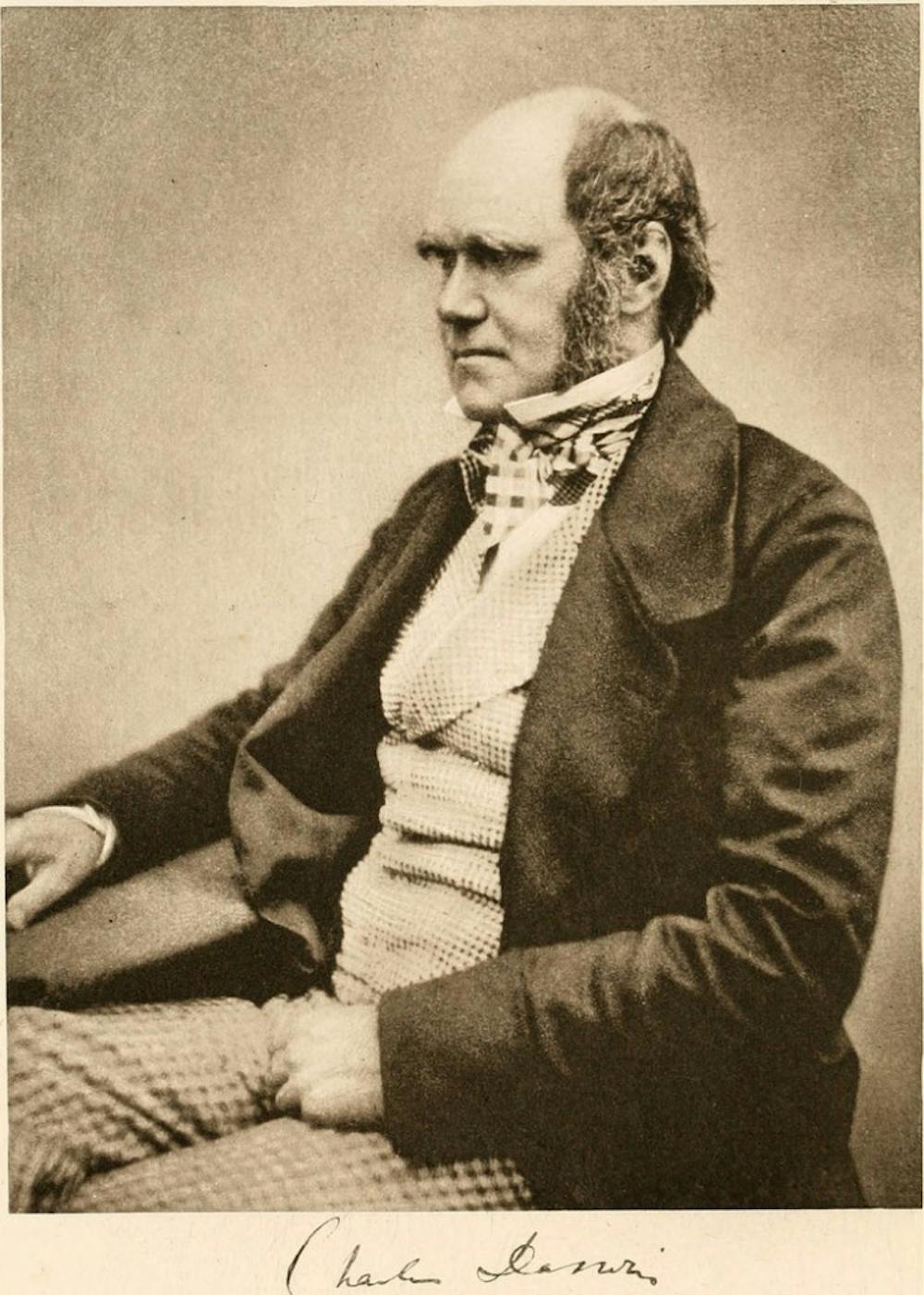Darwin’s theory of evolution has been around for nearly 200 years, but its influence does not appear to subside with time. Not only is the topic of evolution a required biology curriculum in schools across the world, but it has also been cited in numerous research studies and papers. Today, it is still driving the forefront of molecular research. In fact, research conducted on the basis of Darwin’s theory of natural selection has recently led scientists to claim the 2018 Nobel Chemistry Prize.
While announcing the winners of the 2018 Nobel Chemistry Prize, the Royal Swedish Academy of Sciences claimed that this year’s prize “awards a revolution based on evolution,” and goes to scientists who “applied the principles of Darwin in the test tube.”
Frances H. Arnold, the recipient of half the prize, is the Linus Pauling professor of Chemical Engineering, Bioengineering and Biochemistry at the California Institute of Technology. The other two winners who share the remaining half of the prize are George P. Smith and Gregory P. Winter. Smith is a curators distinguished professor emeritus of Biological Sciences at the University of Missouri, while Winter is a biochemist at the Medical Research Council’s Laboratory of Molecular Biology.
The three Nobel laureates, despite coming from diverse backgrounds, share some common ground in their research. They all harnessed the fundamental knowledge of natural selection in their favor to create and select for specific mutations that influence protein function.
In natural selection, molecules or organisms adapt in response to environmental and survival cues. When random mutations arise, the mutations that benefit an organism’s survival are more likely to be propagated and passed down within a species. Since the beginning of time, natural selection has been the driving force behind the diversity of life that is found on essentially every corner of Earth’s surface today. The Nobel laureates recognized the power of this evolutionary principle and successfully applied it to the field of protein production. More specifically, Arnold applied the principle of natural selection to the production of enzymes, while Smith and Winter applied the concept to the production of antibodies.
Enzymes are catalysts that help carry out many vital chemical reactions in the body. Arnold’s research team identified mutations in specific enzymes that improved their ability to bind to other molecules. In 1993, she conducted the first directed evolution of enzymes, a technique in which genes that code for specific enzymes of interest are inserted into fast-reproducing bacteria. She inserted various versions of the gene, each containing a novel mutation, and analyzed the effects that the mutations have on enzymatic function. In fact, a few years later, she produced a variation of an enzyme that was more than 200 times as effective as the one she started with.
“I always wanted to be a protein engineer,” Arnold said in a recent press release. “Proteins are marvelous molecular machines, tremendously complex but responsible for all the functions of life. I wanted to be an engineer of the biological world.”
Smith and Winter used bacteriophages — viruses that infect bacteria — to synthesize novel drugs that target a variety of diseases, such as multiple sclerosis and metastatic cancer. Phages attach themselves to antibodies in the body, and the researchers used that link to derive the connection between the peptide and its gene. This technique, now commonly known as “phage display,” allows the directed evolution of antibodies. The first pharmaceutical produced from this method was adalimumab, a drug that is now used to treat rheumatoid arthritis, psoriasis and inflammatory bowel diseases.
The three Nobel laureates expressed shock upon receiving the prizes. The biochemical techniques pioneered by the laureates are being used to synthesize novel enzymes and antibodies that have the potential to treat diseases and promote a greener pharmaceutical industry.





